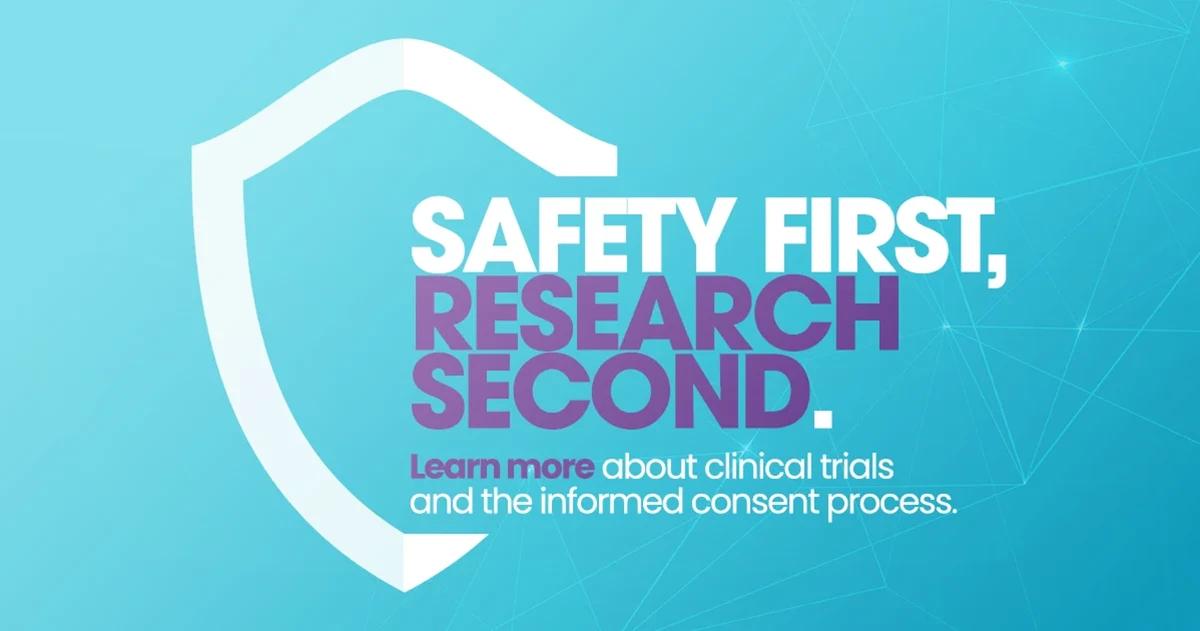Imagine you’re considering taking part in a medical research study or a clinical trial. You want to contribute to scientific progress and potentially improve healthcare, but you’re concerned about your rights and safety. This is where the concept of informed consent comes into play. In this blog, we’ll explain the informed consent process in plain language, reassuring potential participants like you about your rights and protections. By the end, you’ll have a clear understanding of what informed consent means and why it’s crucial.
What Is Informed Consent?
Informed consent is a fundamental ethical and legal concept in healthcare and research. As a potential participant, it means that you have the right to receive all the information you need before deciding whether to participate in a medical study or clinical trial. This information should be presented clearly and understandably, allowing you to make an informed decision based on your understanding of the risks, benefits, and alternatives.
The Informed Consent Process
Information Disclosure: Before you agree to participate in a study, researchers or healthcare professionals will provide you with detailed information about the study’s purpose, procedures, potential risks, and expected benefits. This information will typically be provided in a document known as the “informed consent form.”
Time to Ask Questions: Don’t hesitate to ask questions about anything you need help understanding. You have the right to seek clarification on any aspect of the study, and it’s essential that you feel comfortable with your decision.
Voluntary Participation: Participation in research must be entirely voluntary. You should never feel pressured, coerced, or obligated to participate. Your decision should be based on your own free will.
Confidentiality and Privacy: Researchers are bound by strict confidentiality rules. Your personal and medical information will be kept confidential, and your privacy will be protected.
Right to Withdraw: You have the right to withdraw from the study at any time, for any reason, without facing any negative consequences or penalties.
Continued Informed Consent: Throughout the study, you should be informed about any new information, findings, or changes that may affect your decision to continue participating.

Why Informed Consent Matters
Protects Your Rights: Informed consent is a way to safeguard your autonomy and protect your rights as a participant. You have the right to make decisions about your own body and health.
Ensures Your Safety: Understanding a study’s potential risks and benefits allows you to assess whether the research is in your best interest. This knowledge helps protect your safety and well-being.
Promotes Ethical Research: Informed consent is not just about protecting participants. It also ensures that research is conducted ethically and responsibly. Researchers must adhere to strict ethical guidelines to obtain informed consent.
Advances Scientific Knowledge: Your participation in research contributes to scientific progress, which can lead to new treatments and interventions that benefit society.
Conclusion
Informed consent is a critical component of ethical healthcare and research. It empowers you as a potential participant to make informed decisions about your involvement in medical studies and clinical trials. Remember that you have the right to ask questions, withdraw at any time, and expect confidentiality and privacy. By understanding the informed consent process, you can confidently participate in research, knowing that your rights and protections are respected and upheld. Your contribution to advancing scientific knowledge can have a lasting and positive impact on healthcare for everyone.
Trovaré Clinical Research is an independent, multi-specialty research facility located in Bakersfield, California. Trovaré is currently enrolling participants for various clinical trials. Qualified participants may see a study doctor at no cost, have access to study medications, and receive compensation for time and travel. Click here to learn more about a clinical trial evaluating an investigational pain medication for post-op bunion removal, or call us at 661-663-3096.



